’No evidence’ of Prince Harry phone hacking: Mirror Group Newspapers
Mirror Group Newspapers denies Harry’s ‘fantastical’ claims of hacking, as he delays his court appearance to attend daughter Lilibet’s second birthday party.
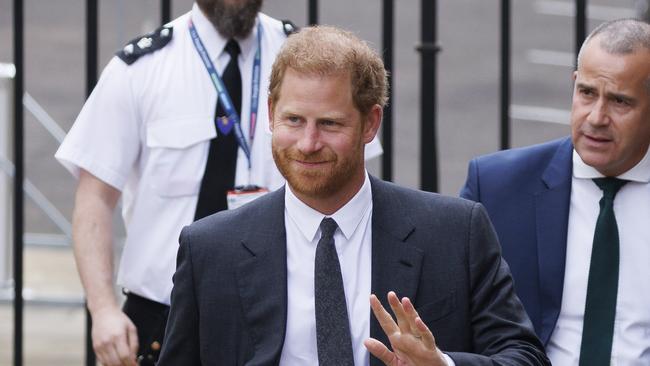
A British newspaper group has told the High Court in London there was no evidence that any hacking of Prince Harry’s phone has taken place.
“Zilch, zero, nil, de nada, niente, nothing,” the Mirror Group Newspaper’s Kings Counsel Andrew Green said in an extraordinary opening day of the first civil court case brought by a member of the royal family in 130 years.
The emphatic rebuttal of “fantastical” claims made by Harry’s legal team, comes after the fifth in line to the throne missed court on Monday despite a request from the judge to be in attendance, because he had attended his daughter Lilibet’s second birthday party in Los Angeles instead.
This annoyed both the judge, Mr Justice Fancourt, and defence counsel Mr Green, who said Harry’s non appearance shortened the amount of time to just one day to cross-examine his claims relating to 33 newspaper articles.
Harry will give evidence in person on Tuesday, after arriving overnight on Monday his lawyer said.
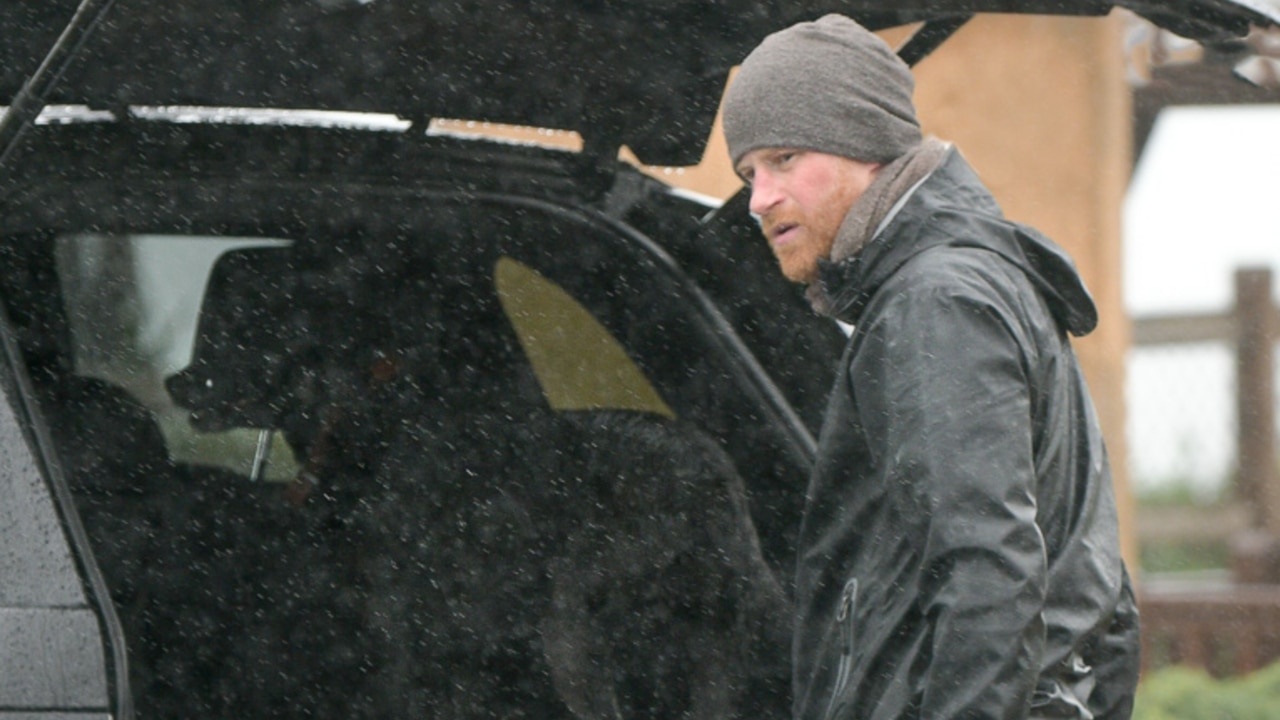
Harry’s barrister David Sherborne spent most of Monday outlining the case, which he alleged involved the Mirror group of newspapers intercepting voicemails and using a large number of private investigators to obtain information about Harry and various aspects of his personal life right from when he was a young boy at school, through to the tragic death of his mother, his Sandhurst military training and his relationships as an adult.
Mr Sherborne said “nothing was sacrosanct or out of bounds and there was no protection from this unlawful information gathering.”
He said the ups and downs and ins and outs of Harry’s relationship with girlfriend Chelsy Davy including the breakups and finally the split between them were all revealed and picked apart by the three Mirror Group titles. He added this was “clearly driven by unlawful activity”.
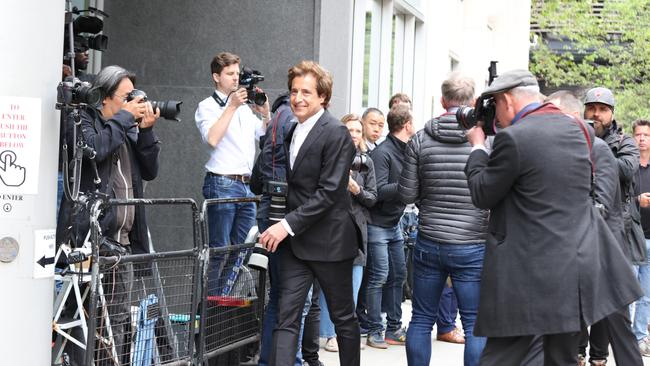
Mr Sherborne asked the judge to consider that the Mirror journalists were not taking the stand to explain how they obtained the stories and so he should consider the information was obtained illegally “more likely than not”.
Judge Fancourt asked Mr Sherborne if that should still be the inference even when the same story appeared in a different newspaper the previous day – and even if it did not include any new information – which is what the Mirror says is the case in relation to many of the stories.
“The evidence is that journalists would be expected to find some new angle or to further the story,” Mr Sherborne replied.
Mr Sherborne introduced a letter in evidence to the court written by Harry’s mother, Diana the Princess of Wales to the comedian Michael Barrymore which he said showed that Diana, had been a victim of phone hacking, and by association, Harry’s privacy had also been invaded.
He said during this time, when Diana was a “huge target”, the editor of the Mirror was Piers Morgan. This was denied by the Mirror Group, which said any hacking of Diana’s phone by the Mirror group was “total speculation without any evidential basis whatsoever.”
Harry’s deeply personal day in court is part of crusade against the media which he blames for the death of his mother in 1997, and the breakdown in his relationships with other members of the royal family.
Mr Sherborne told the court that Harry’s relationship with his brother, the Prince of Wales started to “erode” in 2003 when Mirror Group Newspapers published a story about the two being at loggerheads over whether to meet with the former royal butler Paul Burrell who was accused of betraying Diana.
Mr Sherborne said: “Even at this very early formative stage the seeds of discord between these two brothers are starting to be sown.
“Brothers can sometimes disagree but once it is made public in this way and their inside feelings revealed in the way that they are, trust begins to be eroded. One can see how the mistrust can set in from an early age, exactly because of this type of activity.”
But the Mirror counsel Mr Green said that many of the stories involved information already in the public domain, adding that some were put out by the Royal household, some by Harry himself and some obtained from confidential sources. He said it was “rather fantastical” that the judge was being invited to infer that journalism was unlawful information gathering.
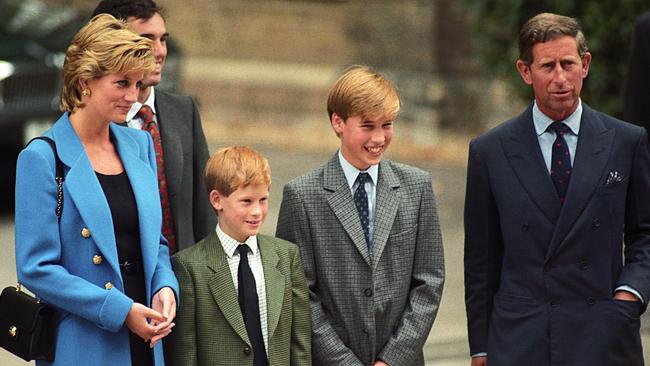
One article broken by the News of the World in January 2002 accused Harry of taking drugs and the Mirror follow-up story only added new information that the Prince had not returned to the pub in question.
Mr Green said: “There was plainly no voice interception. There is no payment record so why should there be any inference of unlawful information gathering. What unlawful information gathering? By who?”
He said the additional information was almost certainly obtained by journalists.
“It is exactly the sort of information that journalists get hold of,” he said.
“You are invited to infer that it’s unlawful information gathering. That absolutely doesn’t work. It’s become rather fantastical.”
Mr Green told the court there was only one instance when a private investigator was paid for information about Harry in 2004, for an article about him at a nightclub. He said journalists who had previously admitted hacking had never even suggested that they had targeted Harry.
“Not one person who has come forward to admit phone hacking or witnessed it says that the duke was ever hacked by any of the defendants titles,” he said, adding that the Metropolitan Police had also never suggested to Harry he was the victim of hacking by the Mirror group.
Harry is also bringing separate legal cases against News Group Newspapers, which publishes the Sun, and Associated Newspapers which publishes the Daily Mail and Mail on Sunday.
Other celebrities are also involved in the court action against the Mirror Group which publishes the Daily Mirror, Sunday Mirror and The People, alleging phone hacking between 1991 and 2011.
The judge is using the cases of Harry, the Coronation Street actors Michael Le Vell and Nikki Sanderson; and Fiona Wightman, the ex-wife of comedian Paul Whitehouse, to establish damages if the claimants are successful. Other cases have been brought by footballer and TV presenter Ian Wright, Girls Aloud star Cheryl Cole, and the estate of the late singer George Michael.
The case continues.
Harry chooses Lilibet’s birthday over court appearance
After Prince Harry delayed his appearance before the London High Court to attend Lilibet’s second birthday party, his lawyer, David Sherborne, told the court Harry’s travel and security arrangements made it “trickier”.
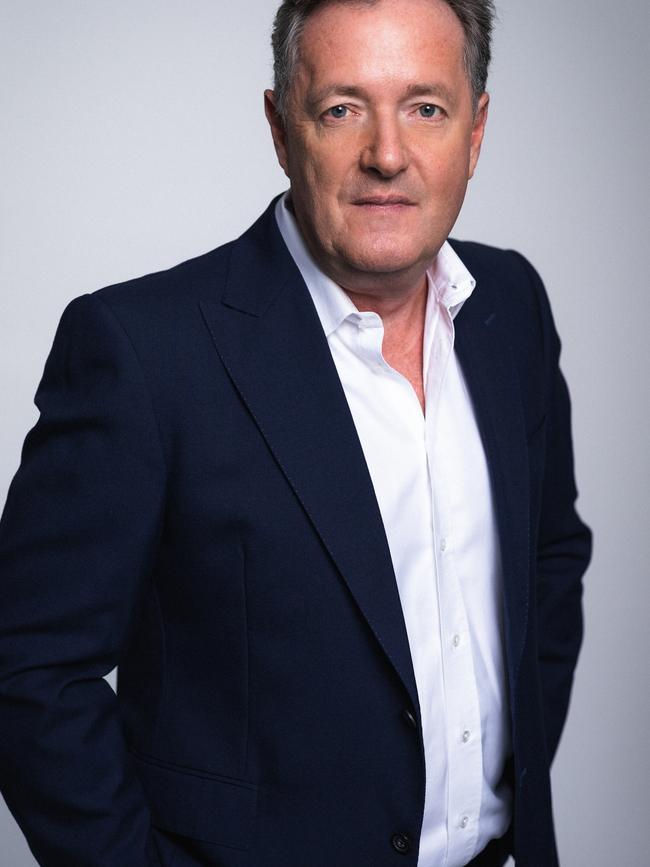
Harry’s deeply personal day in court is part of crusade against the media which he blames for the death of his mother in 1997, and the breakdown in his relationships with other members of the royal family.
Harry is to argue that the newspaper’s stories were obtained illegally and involved important aspects of his life: his relationship with Chelsea Davy, his time in the army, his activities with his brother Prince William causing him paranoia and suspicion of friends.
Harry claims the editor of the Daily Mirror between 1995 and 2004, Piers Morgan, had knowledge of the hacking, with the biographer of the Sussexes, Omid Scobie, once doing work experience at the publication, to give evidence about what he witnessed.
Morgan has been highly critical of the Sussexes, including labelling Harry’s wife, Meghan, as “Princess Pinocchio”. He has denied the allegations and claims Harry has “spent the last three years ruthlessly and cynically invading the royal family’s privacy”.
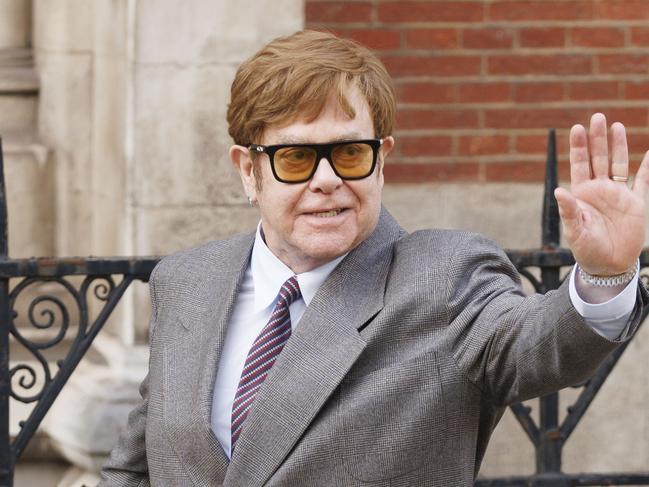
The Mirror Group lawyers have said the evidence of hacking is “slim” in some cases and “utterly non-existent” in others.
The group also says the claims have been brought outside of a six-year limit for civil cases. Harry is also bringing separate cases against News Group Newspapers, which publishes the Sun, and Associated Newspapers, which publishes the Daily Mail and Mail on Sunday.
Other celebrities, including Elton John, are also involved in the court action against the Daily Mirror, Sunday Mirror and The People alleging phone hacking between 1991 and 2011.
The judge is using the cases of Harry, the Coronation Street actors Michael Le Vell and Nikki Sanderson; and Fiona Wightman, the ex-wife of comedian Paul Whitehouse, to establish damages if the claimants are successful.
Other cases have been brought by footballer and TV presenter Ian Wright, Girls Aloud star Cheryl Cole, and the estate of the late singer George Michael.


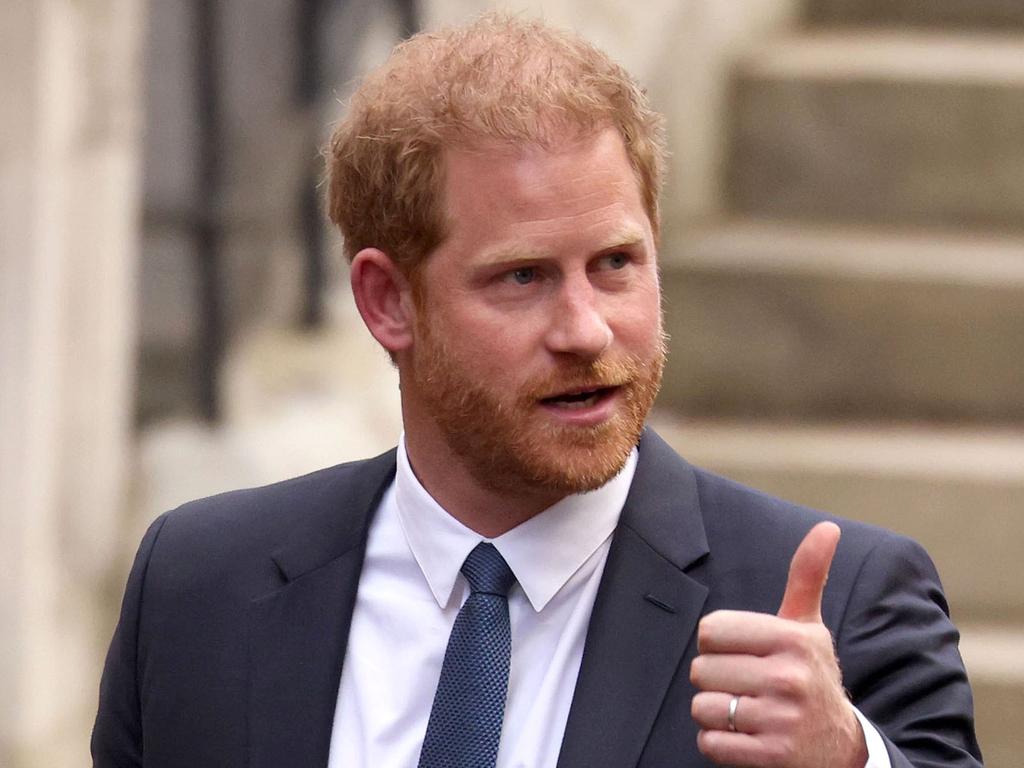
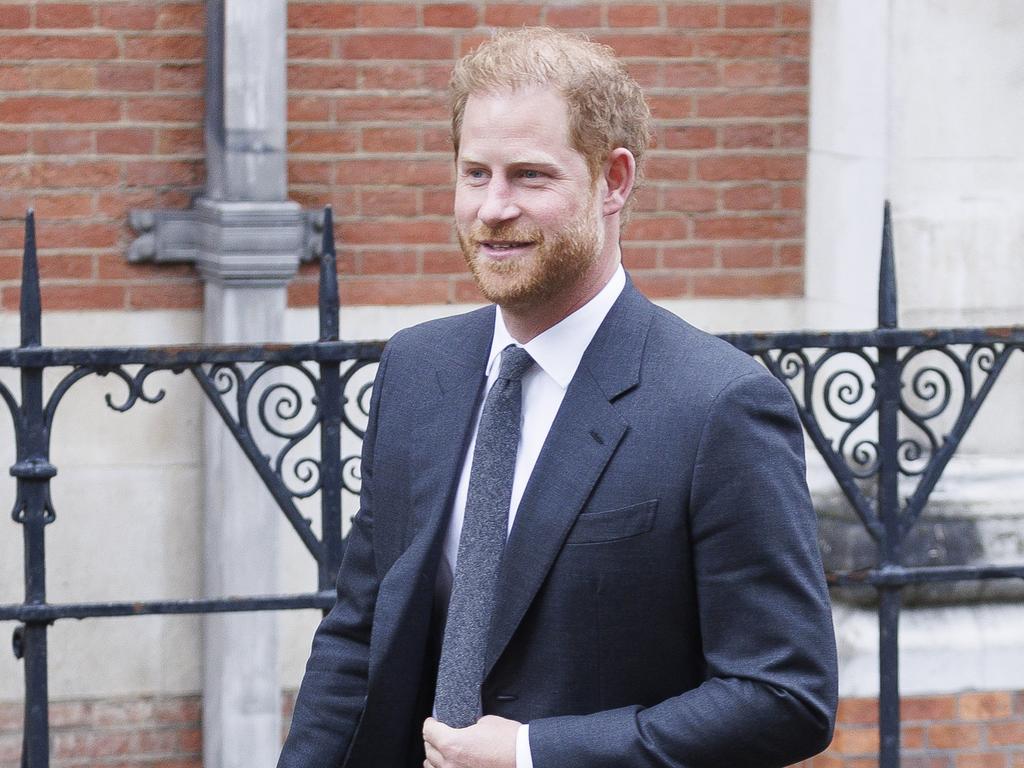

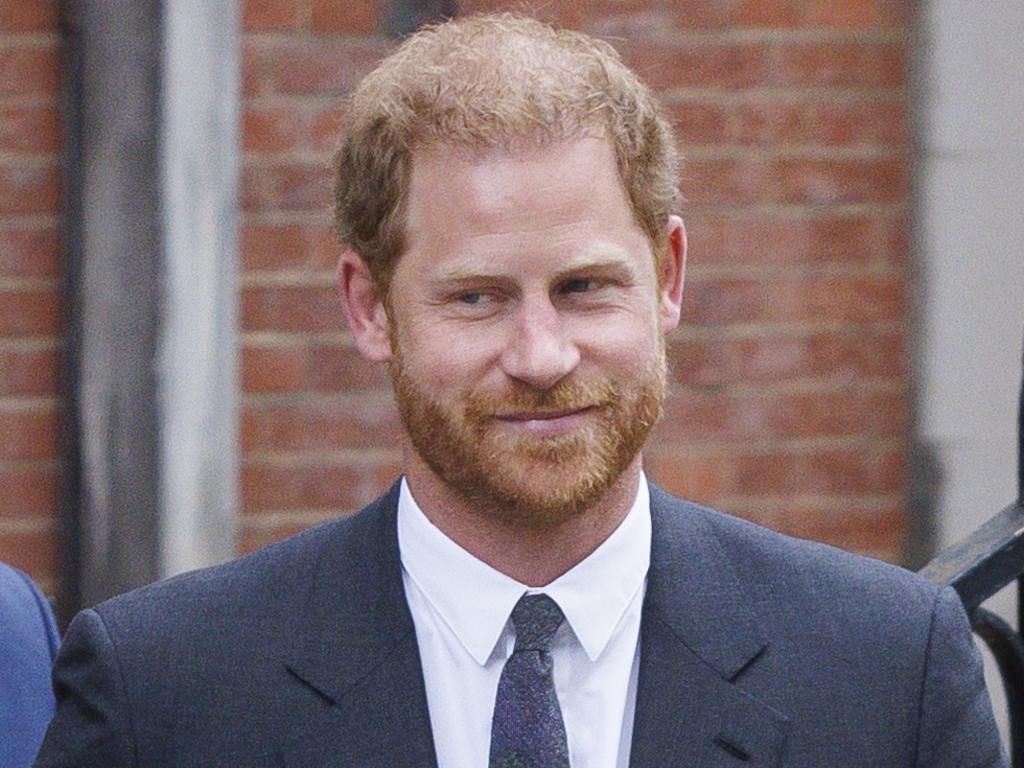
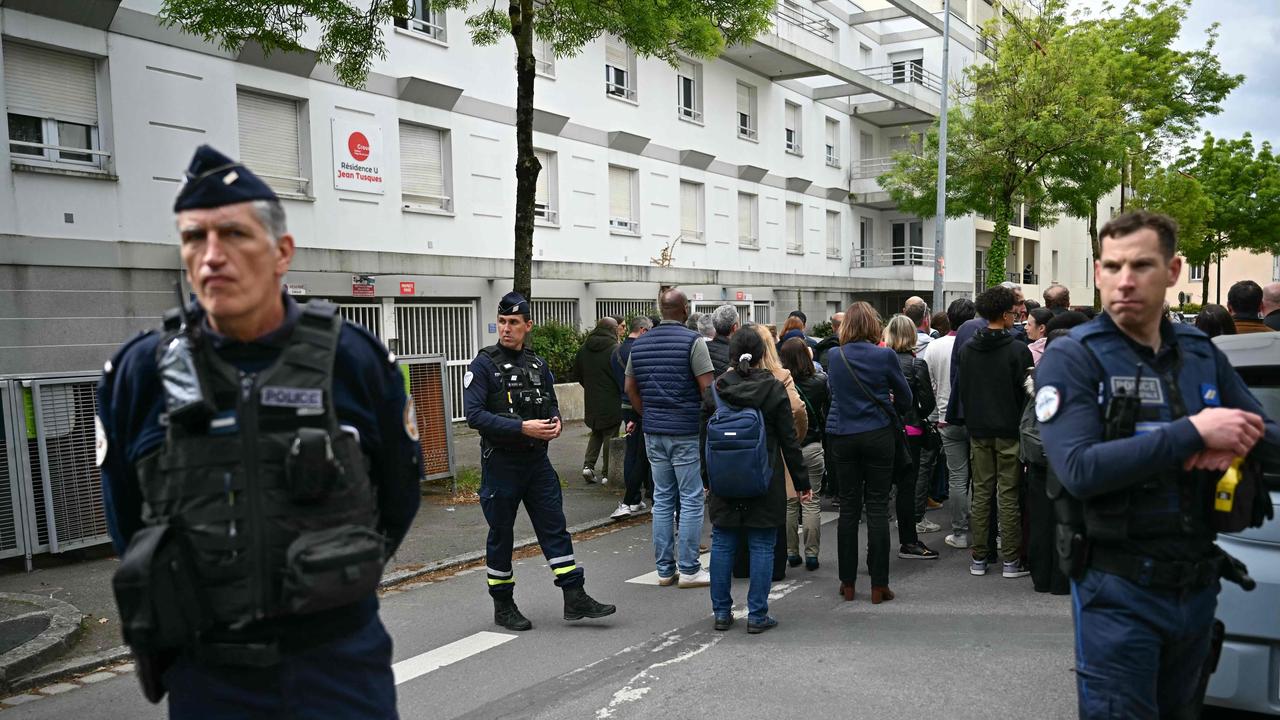
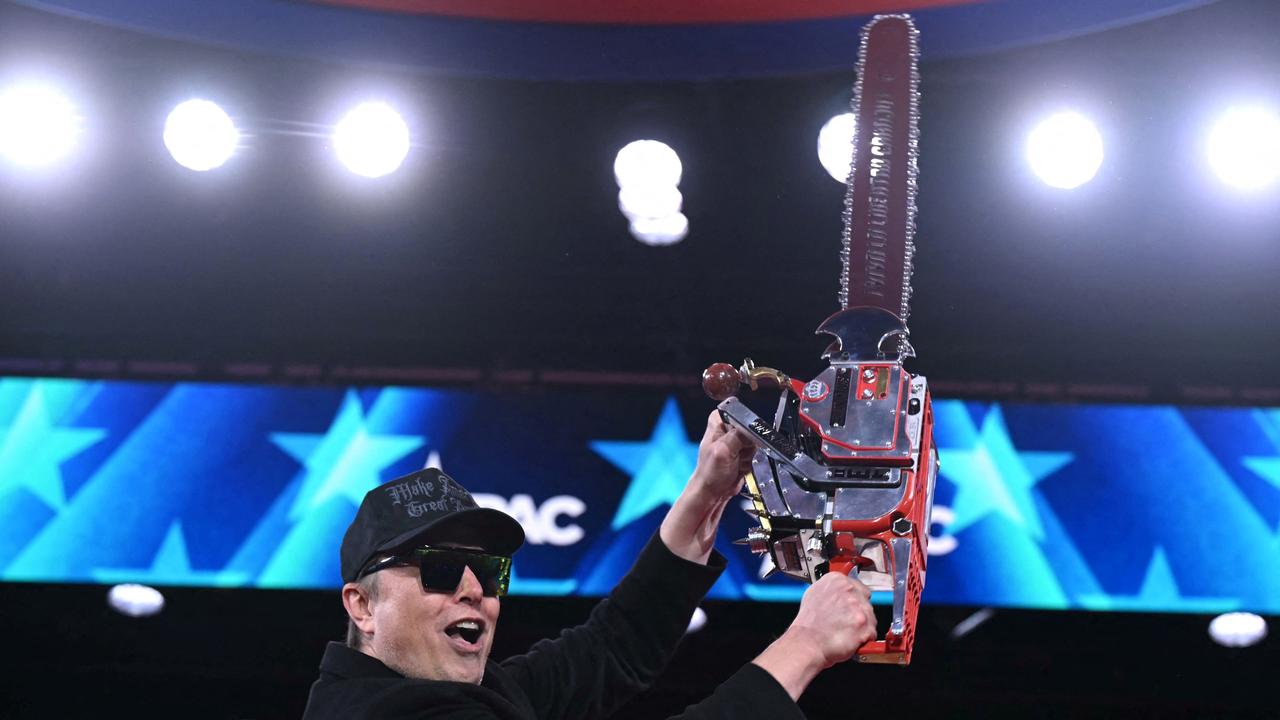
To join the conversation, please log in. Don't have an account? Register
Join the conversation, you are commenting as Logout